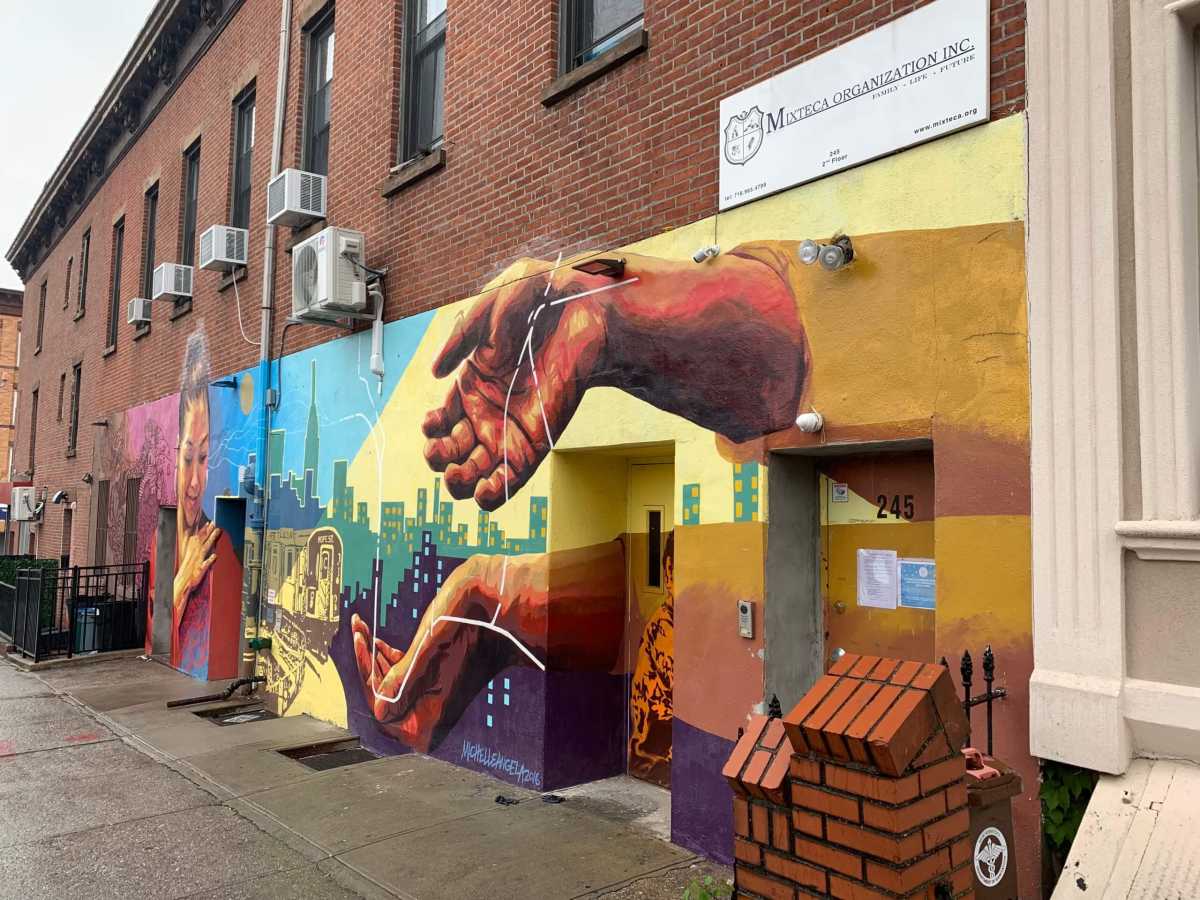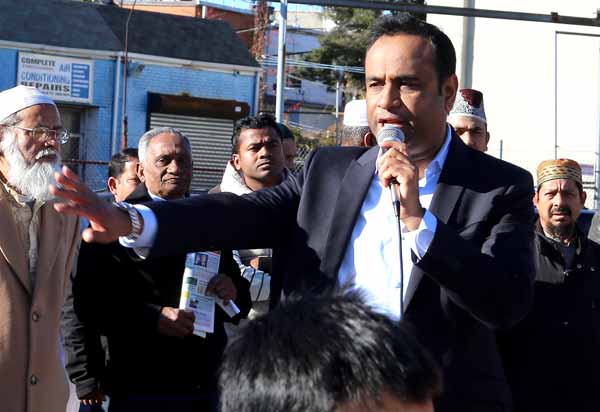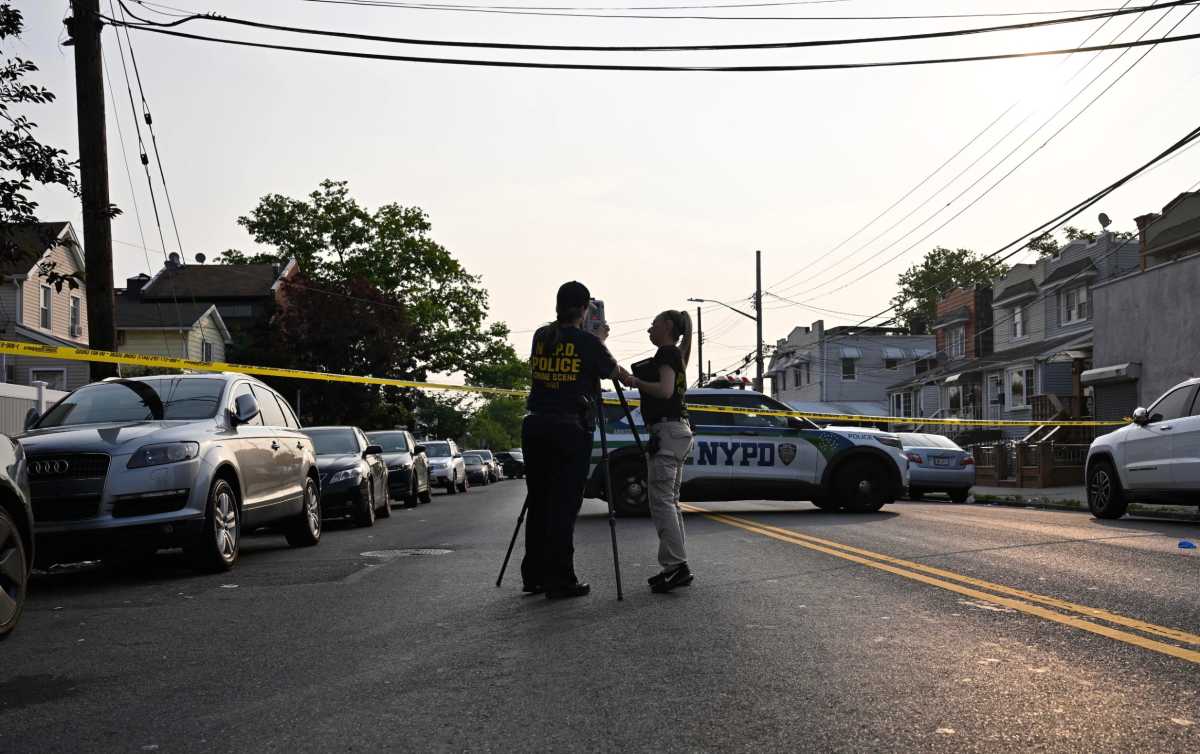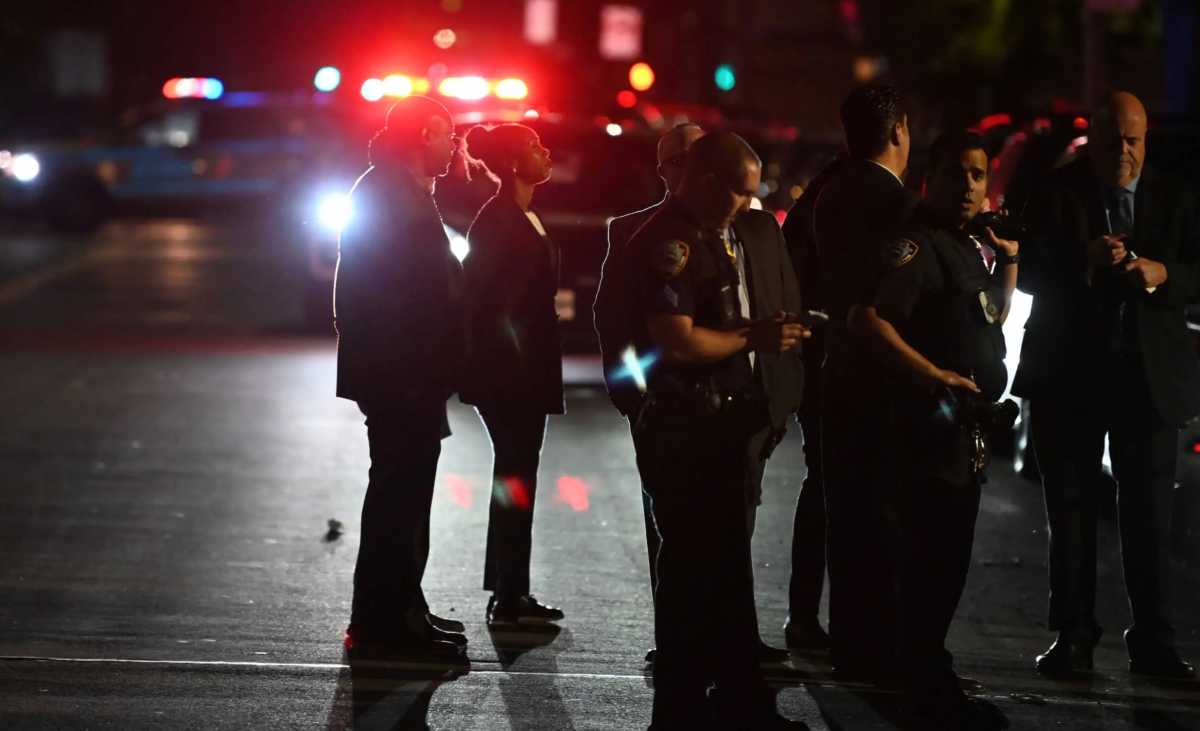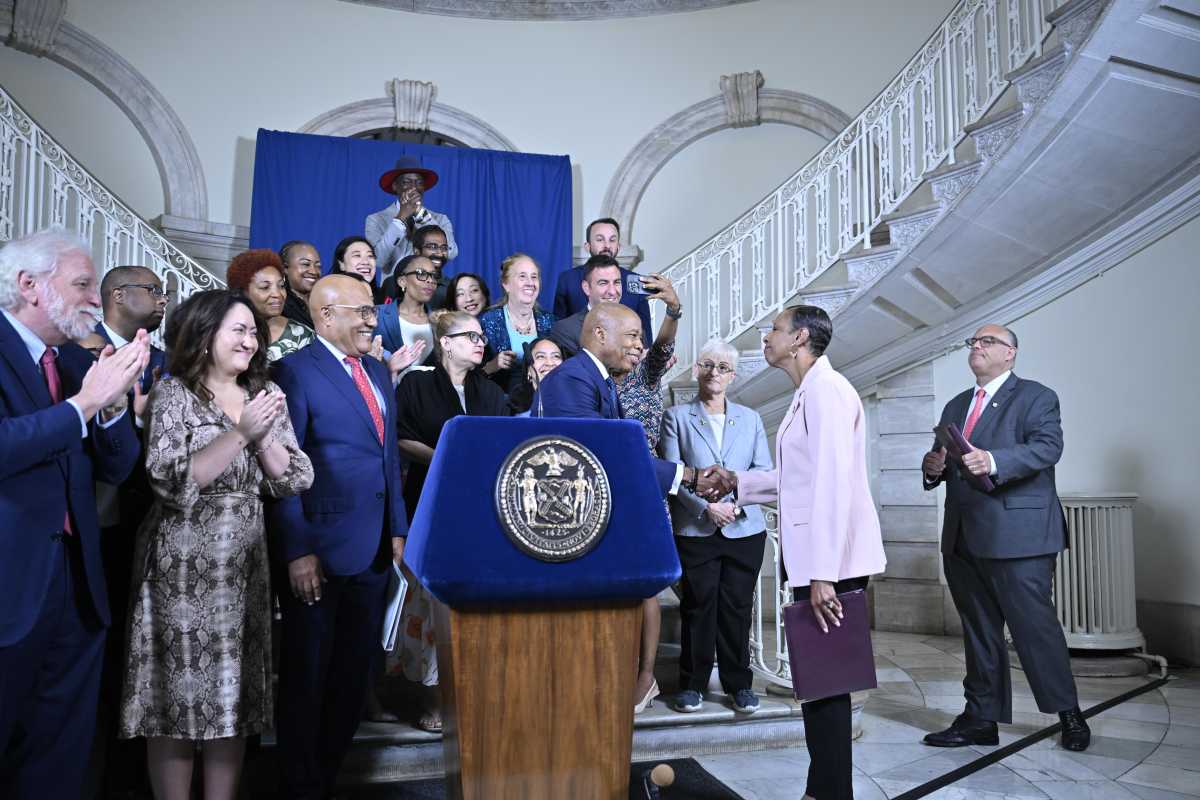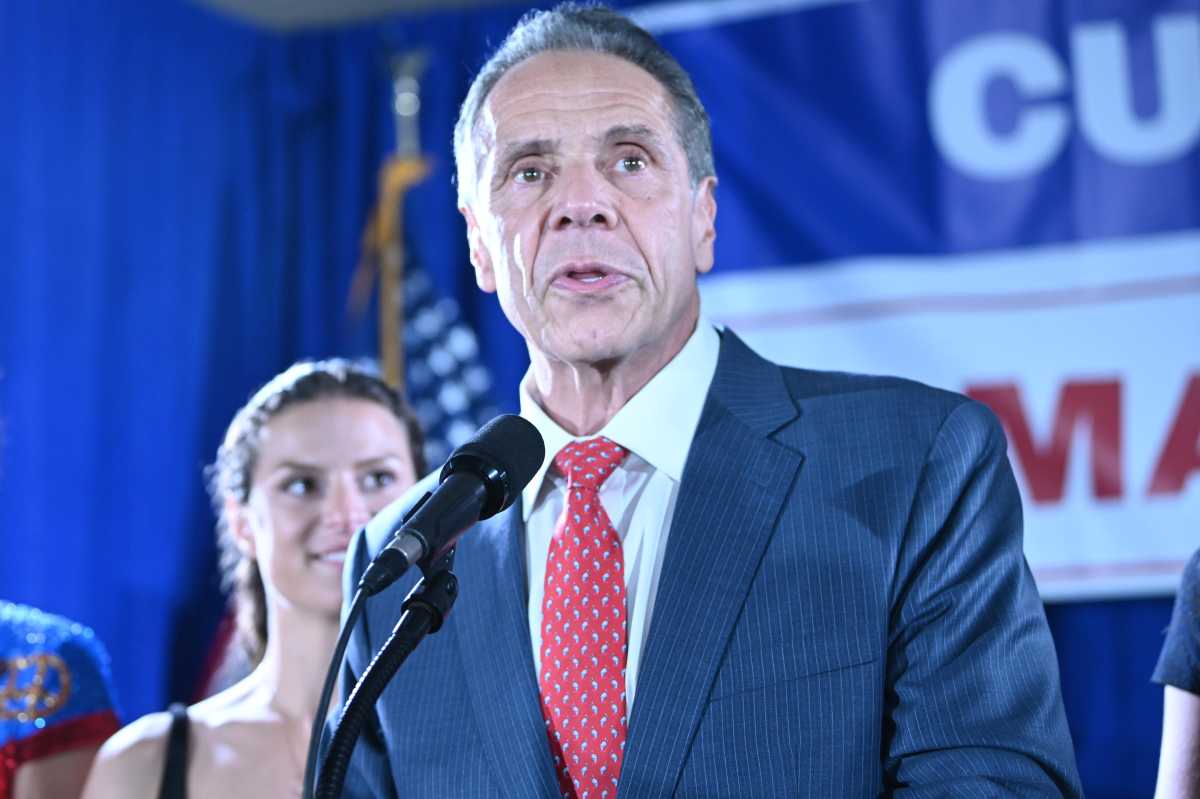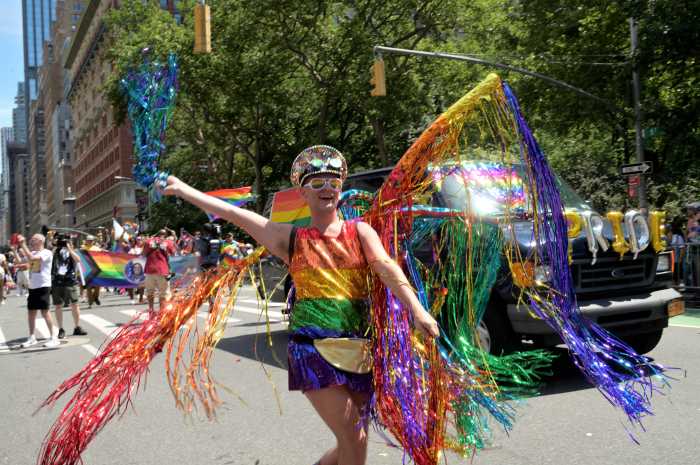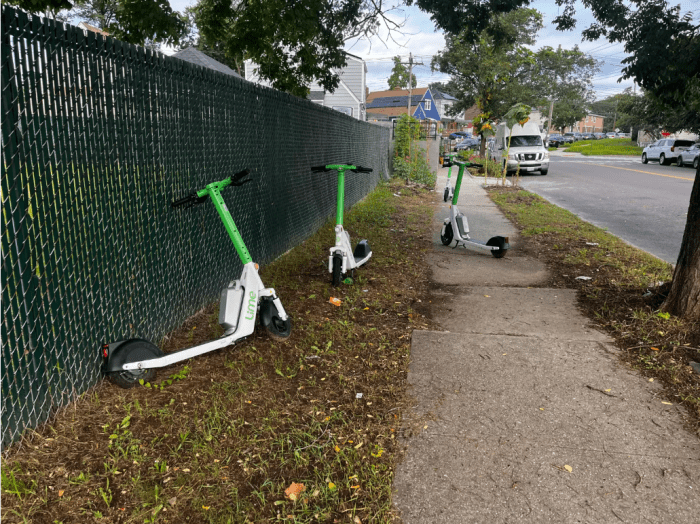Brooklyn’s undocumented immigrants are facing high rates of exposure to the novel coronavirus and few options for financial relief as their conditions grow bleaker amid the ongoing pandemic, according to advocates.
“This is already a very vulnerable, disenfranchised population,” said Janet Perez, program director at the Mixteca Organization Inc, which works with immigrant families. “With the coronavirus and the spread, especially for folks who have been deemed essential workers, I think a lot of the conditions have been exacerbated.”
The Greenwood Heights community-based organization has been supporting undocumented immigrants in the area for years — but they’ve since expanded their coverage area to service families from as far as Connecticut and New Jersey because of the increasingly dire situation brought on by the pandemic.
Undocumented immigrants make up an estimated 6.3 percent of Brooklyn’s population, according to immigration research group Partnership for a New American Economy, and many are employed in industries that have been deemed essential, such as delivery workers, food service, and construction — subjecting them to increased risk of contracting the virus.
“Many of the community members do work in delivery,” Perez said. “For businesses that are open, they are having to work through the new conditions as it is their only means of income.”
Compounding the problem, Perez said many of the city’s undocumented immigrants lack proper insurance and do not have easy access to a doctor in the event they show severe symptoms.
“Many of the families we are seeing right now are already underinsured and uninsured,” Perez said. “Even being able to provide or get access to a doctor is already a huge obstacle for them to begin with.”
Perez and her team counsel families to consult the city’s helpline, 311, which can connect individuals with a NYC Health and Hospitals clinician — but that resource hotline is overwhelmed, resulting in excruciatingly long waits for assistance, she said.
“The 311 line right now is heavily, heavily saturated,” said Perez. “And so it definitely becomes a waiting game for them to get even a hold of the doctor or some kind of commission that will be able to support them in managing symptoms or getting their questions answered.”
Some families Mixteca serves who have visited hospitals have been turned away for failing to present severe enough symptoms, and instead are treating themselves in their homes — where they often succumb to the disease, Perez said.
“Many of them decided to self-medicate and try to manage at home,” Perez said. “That has created a domino effect, in that many aren’t taking care of their condition and passing away in their home.”
In some situations, infected family members are choosing to isolate themselves from the rest of their families. This often means finding alternative housing, as immigrants’ often-cramped quarters — which might span multiple generations, or even multiple families — do not provide appropriate distancing space.
“Many undocumented families are finding ways to survive, they are renting rooms,” Perez said. “There can definitely be multiple families in one place, often multi-generational. We see a lot of that.”
To make matters even worse, many undocumented immigrants are spending the rest of their savings in order to survive, according to Perez, who noted that non-citizens are not eligible for unemployment benefits, as well as the $1,200 stimulus checks granted by the federal government’s coronavirus-related relief package.
“Many families are using up their savings as a last resort,” Perez said. “They don’t qualify for any relief, any stimulus package and so that puts them at an even greater disadvantage because they don’t receive any type of assistance.”
Perez said many organizations like hers are preparing relief funds in an effort to provide suffering families some support through the pandemic.
“A lot of local-based nonprofits have been trying to step up. A lot of them are, like us, trying to set up emergency relief funds,” Perez said “And because there is no type of relief funds in the state, the city, or on the federal levels we found ourselves organizing to get at least some kind of economic support for them.”
Donations can be made to Mixteca Organization’s emergency relief fund here. Families in need of economic support can apply for assistance here.


